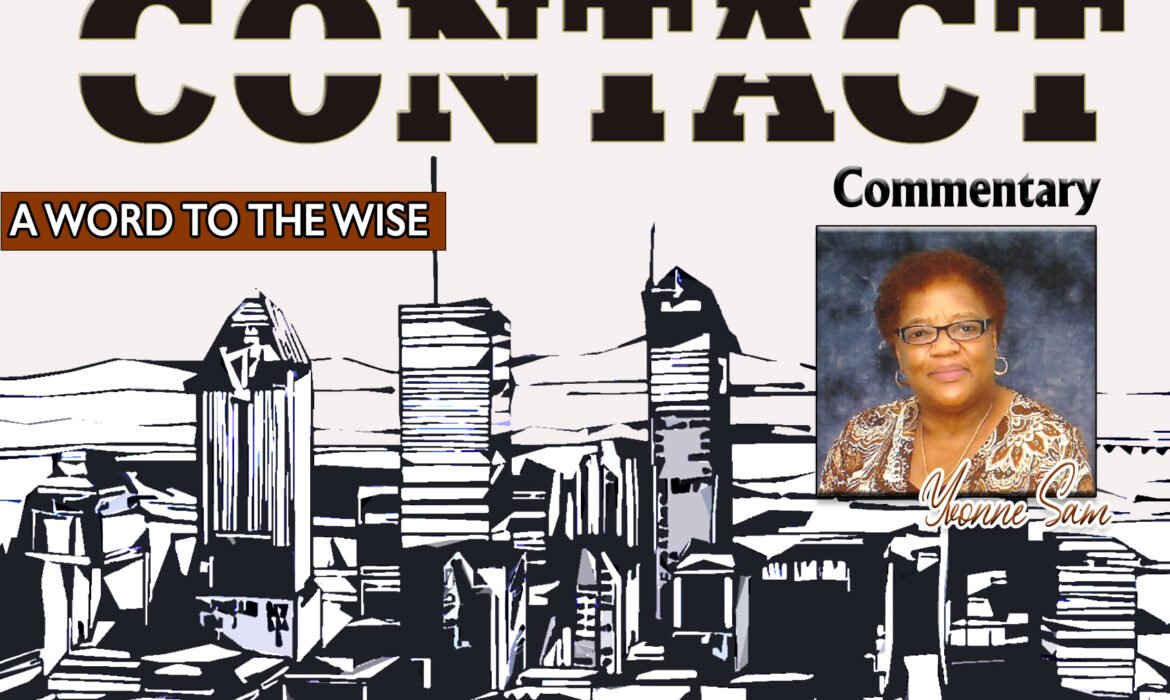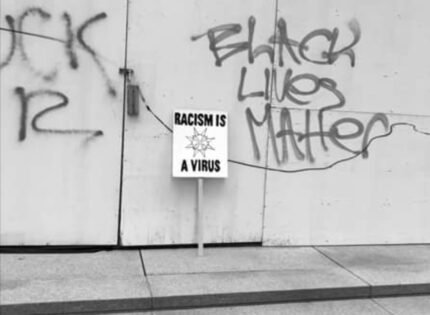 Recently, more than 1,000 scientists, engineers, many of them leaders in the Big Tech industry including Elon Musk, Steve Wozniak, Evan Sharp, Chris Larsen, and Gary Marcus, signed an open letter calling for a pause in the development of the newest artificial intelligence (AI) systems, suggesting some of their super intelligence machines could no longer be controlled by humans.
Recently, more than 1,000 scientists, engineers, many of them leaders in the Big Tech industry including Elon Musk, Steve Wozniak, Evan Sharp, Chris Larsen, and Gary Marcus, signed an open letter calling for a pause in the development of the newest artificial intelligence (AI) systems, suggesting some of their super intelligence machines could no longer be controlled by humans.
They called for a slowdown in production of the more powerful AI tools, so that potential risks could be studied —and researched. Not surprisingly, the letter set off alarm and scores of questions because it is Artificial Intelligence that empowers much of our global defense, transportation, communications, and medical systems?
Could doctors and hospitals suddenly receive purposefully harmful instructions for patients. Are intelligent machines gaining control of humanity? In other words, in this revolution of both good and evil, which will prevail? Are there Frankensteins lurking among us?
The key lines from the letter are: Contemporary AI systems are now becoming human-competitive at general tasks and we must ask ourselves: Should we let machines flood our information channels with propaganda and untruth? Should we automate away all the jobs, including the fulfilling ones? Should we develop non-human minds that might eventually outnumber, outsmart, and replace us? Should we risk loss of control of our civilization? Should we?
On April 17, a 60 Minutes expose, showed how some of the powerful new tools can summarize the New Testament of the Bible in five seconds, how Google has developed the world’s perfect search machine holding 100 percent of the world’s knowledge and that some systems can process information 100,000 times faster than the human brain and how some AI’s programming can write a million short stories before a human writer can finish one.
The new tools could debug code, take a three – second recording of a person’s voice, and convert the words into a speech that the person never spoke.
One video showed a false image of president Joe Biden condemning transgender people; another showed former U.S president Donald Trump running from the police, handcuffed, and dragged to the ground, days before he was officially indicted. The revolution is coming faster than we know.
We may look upon our time as the moment civilization was transformed, as it was by fire, agriculture, and electricity. In a recent CNN interview exposing the depth of what was troubling the scientists, computer expert Stuart Russell said, “I asked a Microsoft official that since the new tools had recently shown sparks of artificial general intelligence, being more intelligent than humans, were there internal codes of their own that they could be pursuing? The answer was ‘We don’t have the faintest idea.’
Russell also warned it was possible that the new artificial intelligence tools are not aligning with human values, which means that it could perform what it wanted and not what we want.”
AI has grown significantly since the field was founded at a workshop on the campus of Dartmouth College, during the summer of 1956. By mastering huge data and improvements in AI the tools became ubiquitous, able to write and record songs, provide health and financial analysis advice.
A machine taught itself how to speak to humans like their peer, which is to say with creativity, error, truth and lies.
This year 2023, the playing field changed. Programmers noted that their robotic creations had created a language of their own that left humans out of the equation.
Enters new powerful generative AI tools—Open AI’s ChatGPT—Microsoft’s Bing search engine and Google’s Bard. The first thing we need to know is that Bard does not look for answers on the Internet like Google search does. It is there to help you brainstorm ideas, to generate content, like a speech, or a blog post, or an email. Bard’s replies come from a self-contained program that was mostly self-taught.
How is this possible? James Manyika, the senior vice president at Google explained that over several months, Bard read most everything on the internet and created a model of what language looks like. Rather than search, its answers came from this language model.
To the human eye it appears as if Bard is thinking and making judgments. According to the senior vice president, that is not what is taking place, as the machines are not sentient. They are not aware of themselves. They can exhibit behaviors that look like that, because let it not be forgotten they have learned from us humans.
We are sentient beings. We are beings that have feelings, emotions, ideas and perspectives. We have reflected all these in books. So, when they learn from that, they build patterns from that.
Hence, it should be no surprise that the exhibited behavior sometimes looks like there is somebody behind it. AI has the potential to change many ways in which we’ve thought about society, about what we’re able to do, the problems we can solve.
Nevertheless, the overall question is will these new tools work for evil or good and can AI and humanity co-exist. or will super intelligent machines reduce humans to servitude or replace them altogether? Tesla and Twitter CEO Elon Musk, who signed the letter while speaking at the MIT Aeronautics and Astronautics department’s Centennial Symposium in October 2014, warned that artificial intelligence could be mankind’s biggest existential threat and believes there should be some regulatory oversight at both national and international level.
Musk warned that with Artificial Intelligence we are summoning the devil.
Renowned physicist Stephen Hawking also believed that artificial intelligence could bring evil. He once said, “Unless we learn how to prepare for, and avoid the potential risks, AI could be the worst event in the history of our civilization. It brings dangers, like powerful autonomous weapons, or new ways for the few to oppress the many. It could bring great disruption to our economy.”
In an open lesson on September 1, 2022, the start of the school year in Russia Vladimir Putin spoke with students about science. He told them “Artificial intelligence is the future, not only for Russia, but for all humankind. It comes with colossal opportunities, but also threats that are difficult to predict. Whoever becomes the leader in this sphere will become the ruler of the world.”
A lot of people can be replaced by this technology. Over time there are some occupations that will start to decline.
Knowledge workers— people like writers, accountants, architects and, ironically, software engineers. There are also new job categories that will grow over time. More than two-thirds will have their definitions change., because they are now being assisted by AI and by automation.
Humanity is being propelled into the future, ready or not. AI systems with human-competitive intelligence can pose profound risks to society and humanity, but nevertheless society must quickly adapt to make AI safe for the world.
At stake is nothing less than what sort of society we will eventually be living in and how will we experience our humanity.
With AI we might be creating God.
Aleuta– The struggle continues.















